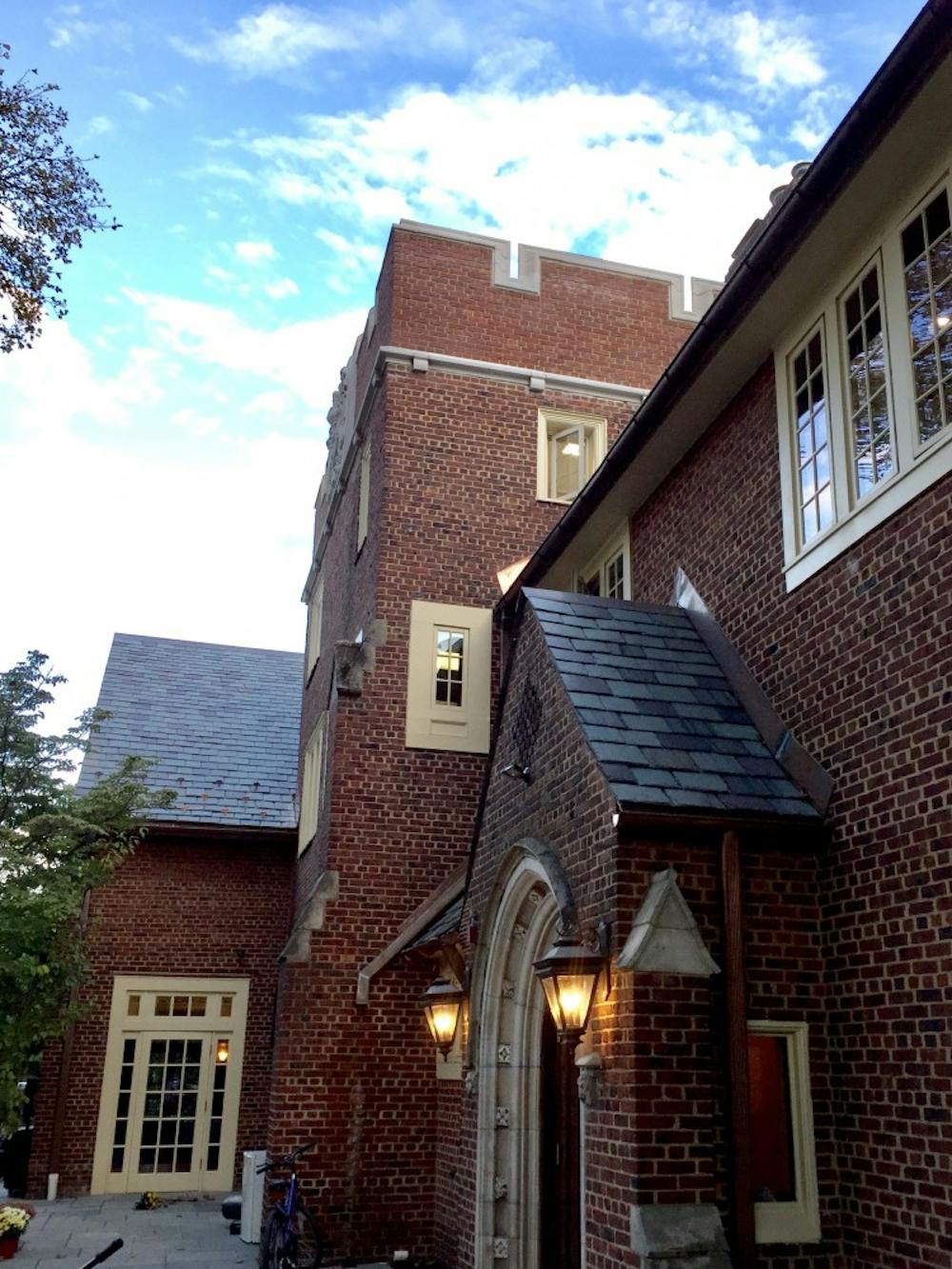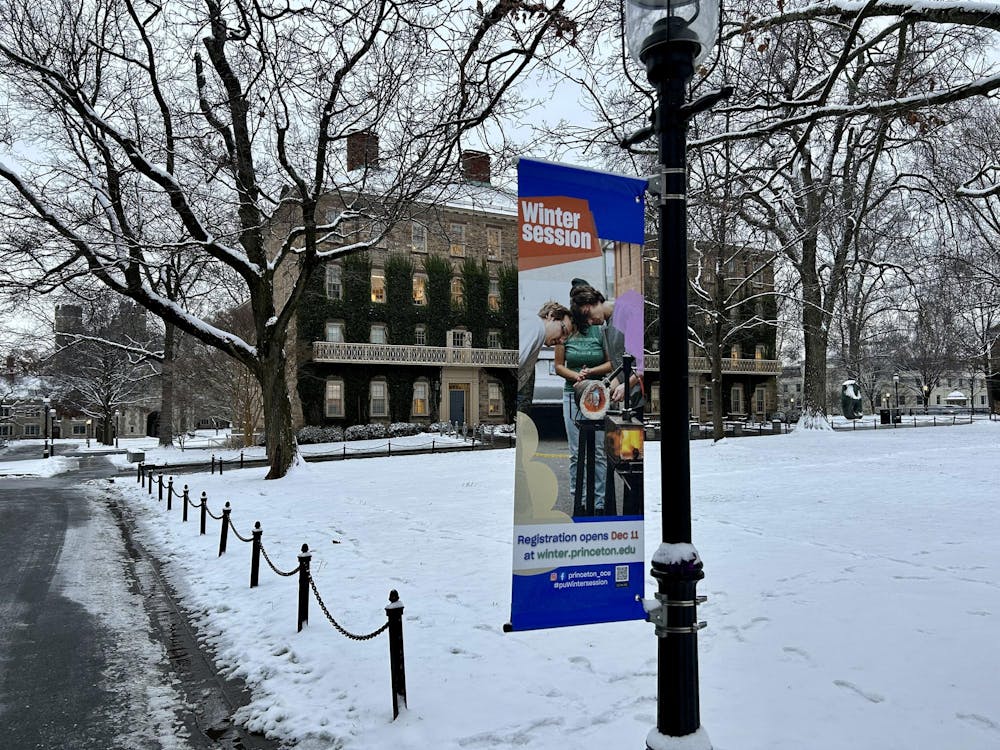The eating clubs should do more to promote inclusivity, health, and transparency, according to a report released on Nov. 12 by the Task Force on the Relationship between the University and the Eating Clubs.
This is the first time the task force has released a report since 2010.
Reassembled in 2017, the task force comprised former eating club presidents, directors of student life, and members of the Graduate Interclub Council (GICC). Vice President for Campus Life W. Rochelle Calhoun served as the chair.
According to USG president and task force member Rachel Yee ’19, the task force was created in response to the referenda passed on eating clubs. USG’s role was to provide elected representation on the committee.
While emphasizing that the eating clubs are not directly part of the University, the task force also devised the policies with the understanding that the two parties “will continue to nurture an interdependent relationship that is ongoing, cohesive, reciprocal, transparent and candid.”
In the first section of the report, the task force proposed that each eating club make a more concerted effort to foster a diverse student population through reviewing of demographic makeup, partnering with campus centers for diversity and inclusivity, and “[embracing] University and eating club values around equity, inclusion, respect for others, and service.”
“It’s definitely a step in the right direction,” said Yee of the proposed solutions on diversity. “My biggest hope is that it’s not just words and that actions follow.”
The report also recommended a series of policies to improve health and safety. Among other recommendations, the report suggested that eating clubs update Bicker to reduce student anxiety. This would be achieved by moving all Bicker and sign-in processes to the same week, as well as requiring all bickerees to rank a sign-in club.
Finally, the report suggested that the eating clubs reduce charges through cutting costs, whether through shared programming between clubs or allowing members to eat some meals (such as breakfasts or Sunday dinners) at the residential colleges.
“To be equitable around the board, the financial gap between eating clubs and an independent or University meal plan should be covered for equitably,” Yee said.
“Working together, the University and the eating clubs can achieve the aspirations articulated in the vision and the guiding principles of this report,” wrote the authors of the report in the conclusion.
In a response, the Interclub Council (ICC) — comprised of the presidents of the eating clubs — commended the report and outlined its progress since the release of the last report in 2010.

For example, the ICC reiterated its commitment to sexual health and safety through holding anti-sexual harassment training sessions and monthly meetings with the Sexual Harassment/Assault Advising, Resources and Education (SHARE) office.
“We are excited to continue to work with the University and other partners to improve the club experience and to make that experience available to anyone who would want to be a part of it,” said the ICC statement.
ICC Chair and Cloister Inn president Hannah Paynter did not respond to multiple requests for comment.








